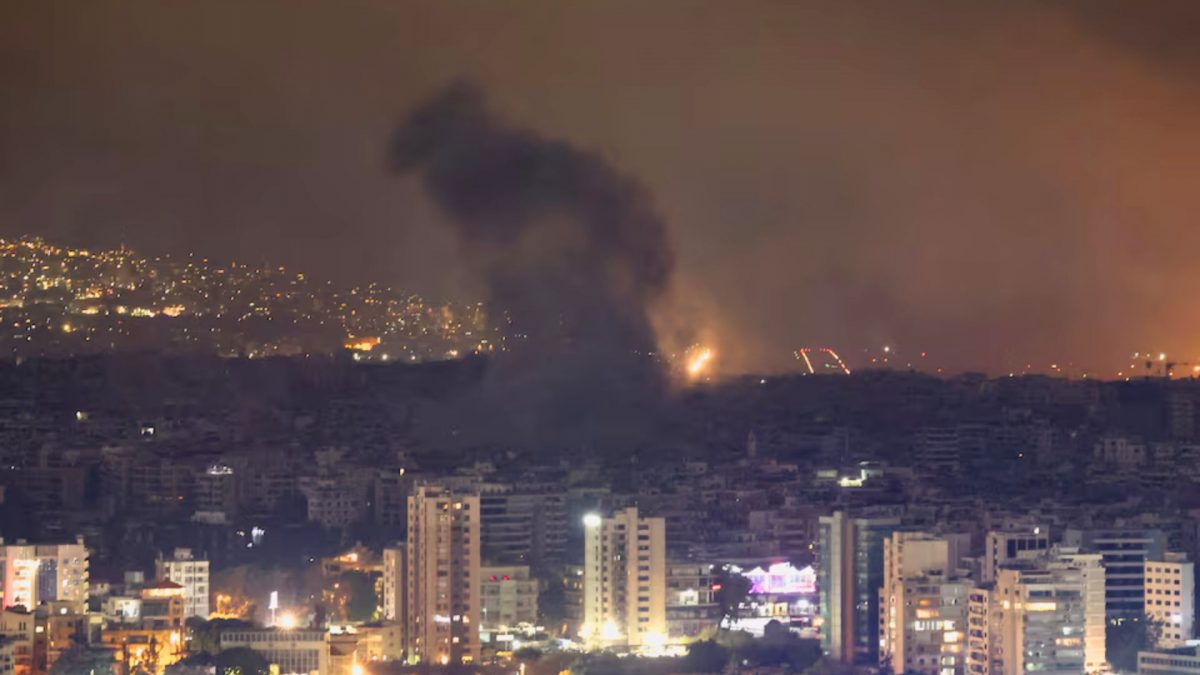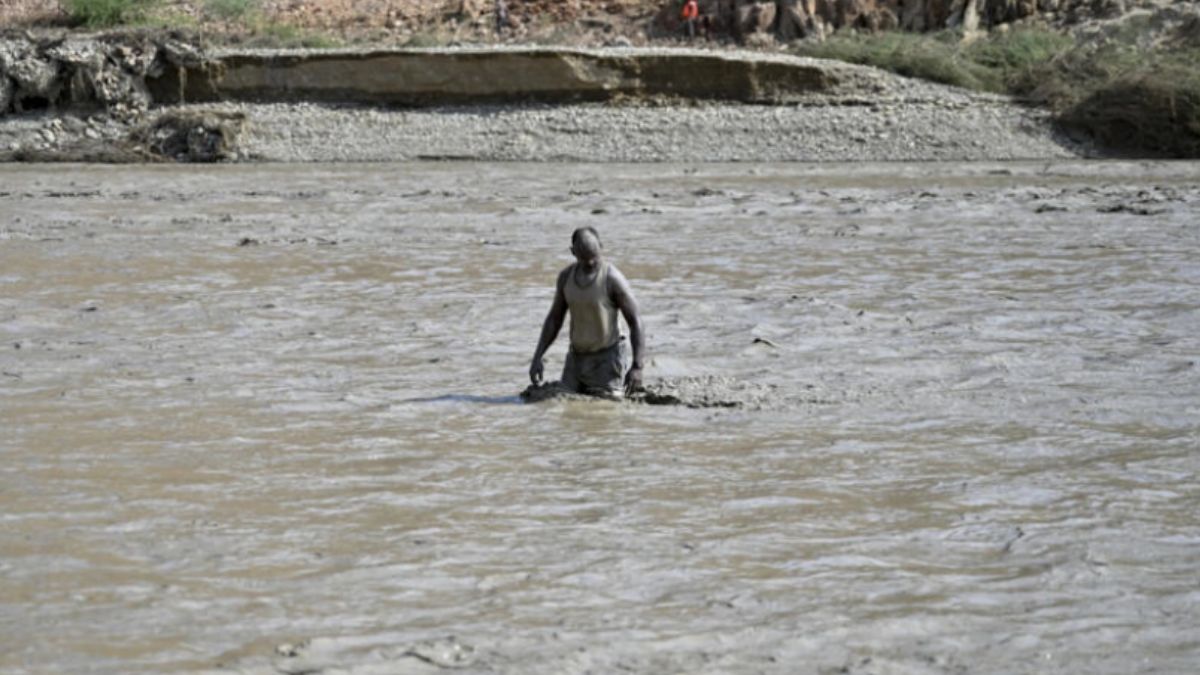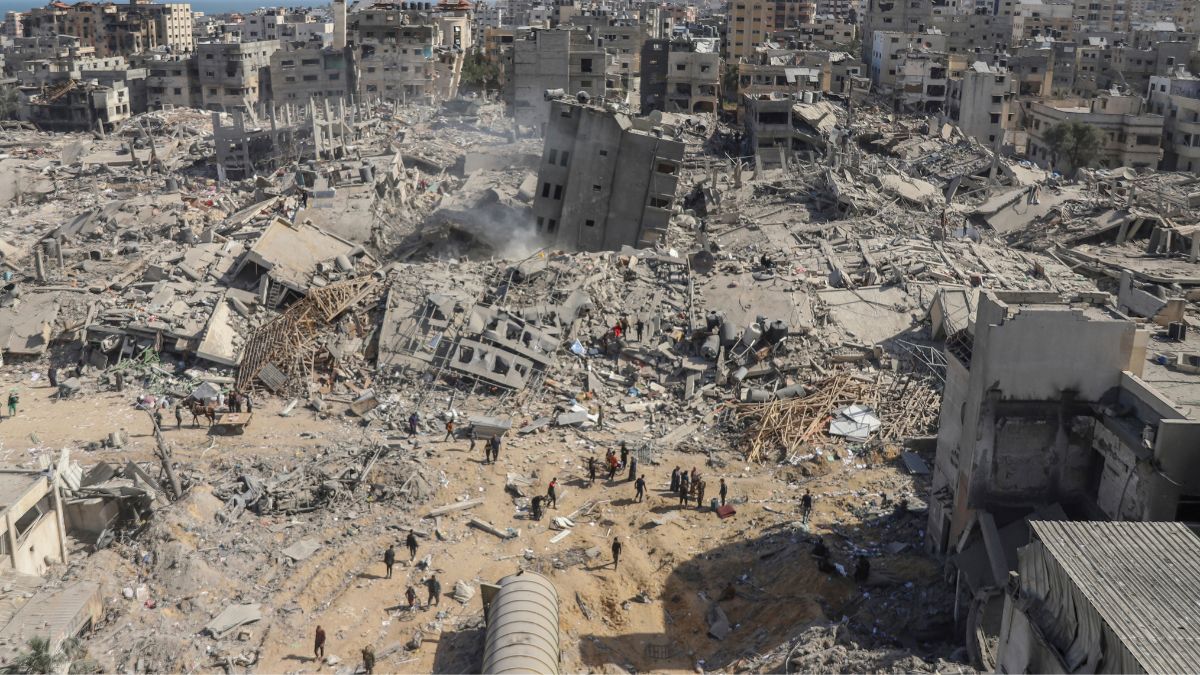Hezbollah’s deputy leader, Naim Qassem, stated that the group remains resilient despite Israeli attacks and will not yield in the conflict, supporting ceasefire efforts in Lebanon. read more
)
Smoke billows over Beirut southern suburbs after a strike, amid the ongoing hostilities between Hezbollah and Israeli forces, as seen from Sin El Fil, Lebanon October 7, 2024. Source: REUTERS.
`The deputy leader of Hezbollah said in comments broadcast on Tuesday the group had “moved beyond” painful blows inflicted by Israel, as Israeli forces began ground operations in the southwest of Lebanon, expanding its incursions into a new zone.
Naim Qassem said Hezbollah would not be the first to yield in the war against arch-foe Israel and that its capabilities are still intact, adding that Israel has yet to advance after ground clashes broke out in south Lebanon seven days ago.
Qassem said Hezbollah supports efforts by Lebanon Parliament Speaker Nabih Berri to secure a ceasefire. It was the first time that the movement did not explicitly link a halt to hostilities in Lebanon with a ceasefire in Gaza, though it was not clear whether this signalled any change in stance after a year in which it has said it is fighting in support of the Palestinians.
“In any case, after the issue of a ceasefire takes shape, and once diplomacy can achieve it, all of the other details can be discussed and decisions can be taken,” Qassem said in a televised speech.
“If the enemy (Israel) continues its war, then the battlefield will decide,” he added.
The regional tensions triggered a year ago by Palestinian armed group Hamas’s attack on southern Israel have spiralled to a series of Israeli operations by land and air over Lebanon and direct attacks by Iran onto Israeli military installations.
Warning from Iran
Iran warned Israel on Tuesday against any attacks on the Islamic Republic, a week after Tehran fired a barrage of missiles at Israel.
Any attack on Iran’s infrastructure will be met with retaliation, Foreign Minister Abbas Araqchi said.
Araqchi will visit Saudi Arabia and other countries in the Middle East starting on Tuesday to discuss regional issues and work on stopping Israel’s assaults on Gaza and Lebanon. Gulf Arab states have sought to reassure Tehran of their neutrality in the Iran-Israel conflict, sources told Reuters last week.
(Except for the headline, this story has not been edited by Firstpost staff.)

 1 month ago
8
1 month ago
8
)
)
)
)
)
)
)
)
)
)
)
)
)
)
)
)
)
)
)
)
)
)
)
)
)
 English (US) ·
English (US) ·